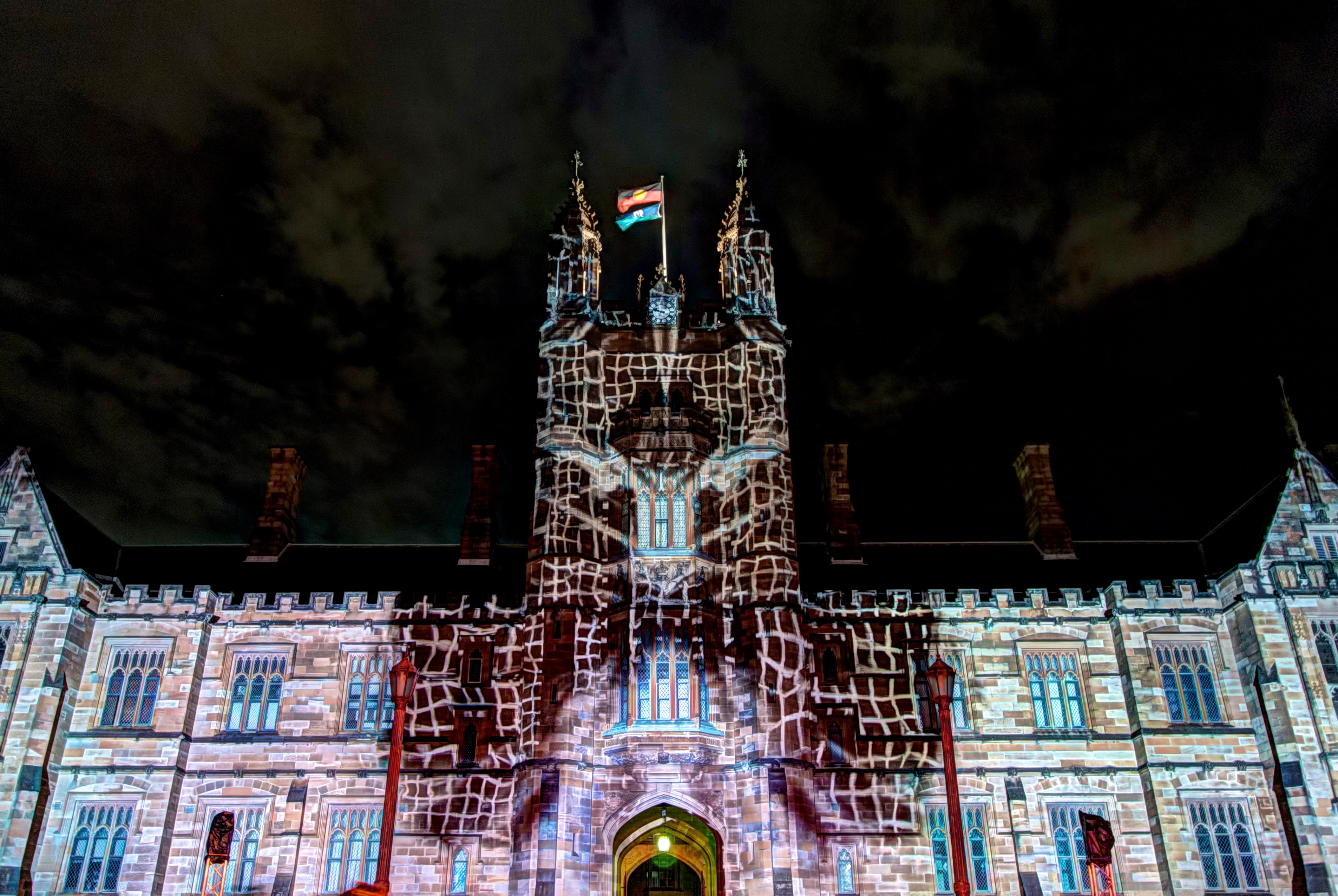Australia: Transnational or Transnation?
Keywords:
Nation, transnational, transnation, postcolonial, netizens, public sphereAbstract
The world is now characterised by unprecedented global mobility and the corresponding hysterical protection of national borders. Australianists have begun to investigate Australia’s place in this scene of border crossing and mobility, both in terms of the crossing of Australia’s own borders and the transnational identity of Australian writing. On the face of it the ‘transnational’ character of the Australian population may be supported by its diverse origins, its propensity to travel, and by its government’s necessary engagement both with countries in the Asia-Pacific region and those powerful states whose relationship must be carefully balanced. However this paper proposes a different way of approaching this issue, in the concept of the Transnation, which is composed of the everyday movements of national subjects around the structures of the state. The term ‘transnation’ refers to much more than ‘the international’, or ‘the transnational’, which might rather be conceived as a relation between states, a crossing of borders or a cultural or political interplay between national cultures. The transnation is the circulation of populations around the structures of the state. Consequently, literature, the repository of cultural memory, so often misconceived in national terms, may be seen to be the province of the transnation.
References
Althusser, Louis. (1971),”Ideology and Ideological State
Apparatuses,” Lenin and Philosophy and other Essays. Trans. Ben Brewster. New York and London: Monthly Review Press: 121–176.
Benjamin, Andrew (2005), Porosity At The Edge: Working through Walter Benjamin’s “Naples” Architectural Theory Review 10:1: 33-43.
Benjamin, Walter, (1978) Reflections: Essays, Aphorisms, Autobiographical Writings trans. Edmund Jephcott, New York: Schocken Books.
Bhabha, H. (1994), The Location of Culture, London: Routledge.
Chatterjee, Partha (1986), Nationalist Thought and the Colonial World: A Derivative Discourse Minneapolis: University of Minnesota Press.
De Certeau, Michel (1984) The Practice of Everyday Life, translated by S. Rendall, Berkeley, University of California Press, (original French edition 1980).
Deleuze, Gilles & Guattari, FeIix (2004) A Thousand Plateaus – Capitalism and Schizophrenia, trans. B. Massumi, London & New York: Continuum Books.
Fanon, Frantz (1961), The Wretched of the Earth Penguin: Harmondsworth.
Flanagan, Richard. “Does Writing Matter? Richard Flanagan delivers the inaugural Boisbouvier Lecture.” The Monthly, October, 2016. https://www.themonthly.com.au/issue/2016/october/1475244000/richard-flanagan/does-writing-matter.
Fyfe, Nicholas R. ed. (1998), “Introduction: Reading the Street,” in Images of the Street: Planning, Identity and Control in Public Space. London: Routledge.
Gardiner, Michael (2004) “Everyday Utopianism” Cultural Studies 18(2): 228-54.
Gilroy, Paul (2004), After Empire: Melancholia or Convivial Culture London: Routledge.
Habermas, J. (1989). The Structural Transformation of the Public Sphere. Cambridge: MIT Press.
Hauben, Michael (1995) "What is a Netizen?" in Michael and Rhonda Hauben Netizens: On the History and Impact of Usenet and the Internet. First Monday, 3 (7). https://journals.uic.edu/ojs/index.php/fm/article/view/606/527
Hobson, J. A. (1902), Imperialism (Introd. Philip Siegelman), Ann Arbor: University of Michigan (1965).
Pinder, David (2005), Visions Of The City: Utopianism, Power and Politics in Twentieth-Century Urbanism Edinburgh: Edinburgh University Press.
Richards, Simon (2007), “The Antisocial Urbanism of Le Corbusier” Common Knowledge, Volume 13, Issue 1, Winter 2007: 50-66.
Ricoeur, Paul (1986), Lectures on Ideology and Utopia ed. George H. Taylor New York: Columbia UP
Rushdie, Salman. Step Across This Line: Collected Non-fiction 1992-2002. London, Jonathan Cape, 2003.
Schmitt, Carl (1922) Political Theology: Four Chapters on the Concept of Sovereignty. trans. George Schwab. Cambridge Mass.: MIT Press [1985].
Scott, James (1985), Weapons of the Weak: Everyday forms of Peasant Resistance New Haven: Yale UP.
Scott, James (1990) Domination and the Arts of Resistance: Hidden Transcripts New Haven: Yale UP
Solnit, Rebecca (2001), Wanderlust: A History of Walking New York: Viking.
Soyinka, Wole (1994), Interview with Nathan Gardels, “Bloodsoaked Quilt of Africa” Weekly Mail and Guardian (South African) 20-26 May 1994: 31.
Zipes, Jack (1989) “Introduction: Toward a Realization of Anticipatory Illumination” Ernst Bloch, The Utopian Function of Art and Literature: Selected Essays, trans. Jack Zipes and Frank Mecklenburg Minneapolis: University of Minnesota Press.
Downloads
Published
Issue
Section
License
The copyright for articles in this journal is retained by the author(s), with first publication rights granted to the journal. By virtue of their appearance in this open access journal, articles are free to use with proper attribution in educational and other non-commercial sectors.Attribution-NonCommercial-ShareAlike 2.1 Australia
This work is licensed under the Creative Commons Attribution-NonCommercial-ShareAlike 2.1 Australia License. To view a copy of this license, visit http://creativecommons.org/licenses/by-nc-sa/2.1/au/ or send a letter to Creative Commons, 543 Howard Street, 5th Floor, San Francisco, California, 94105, USA.

